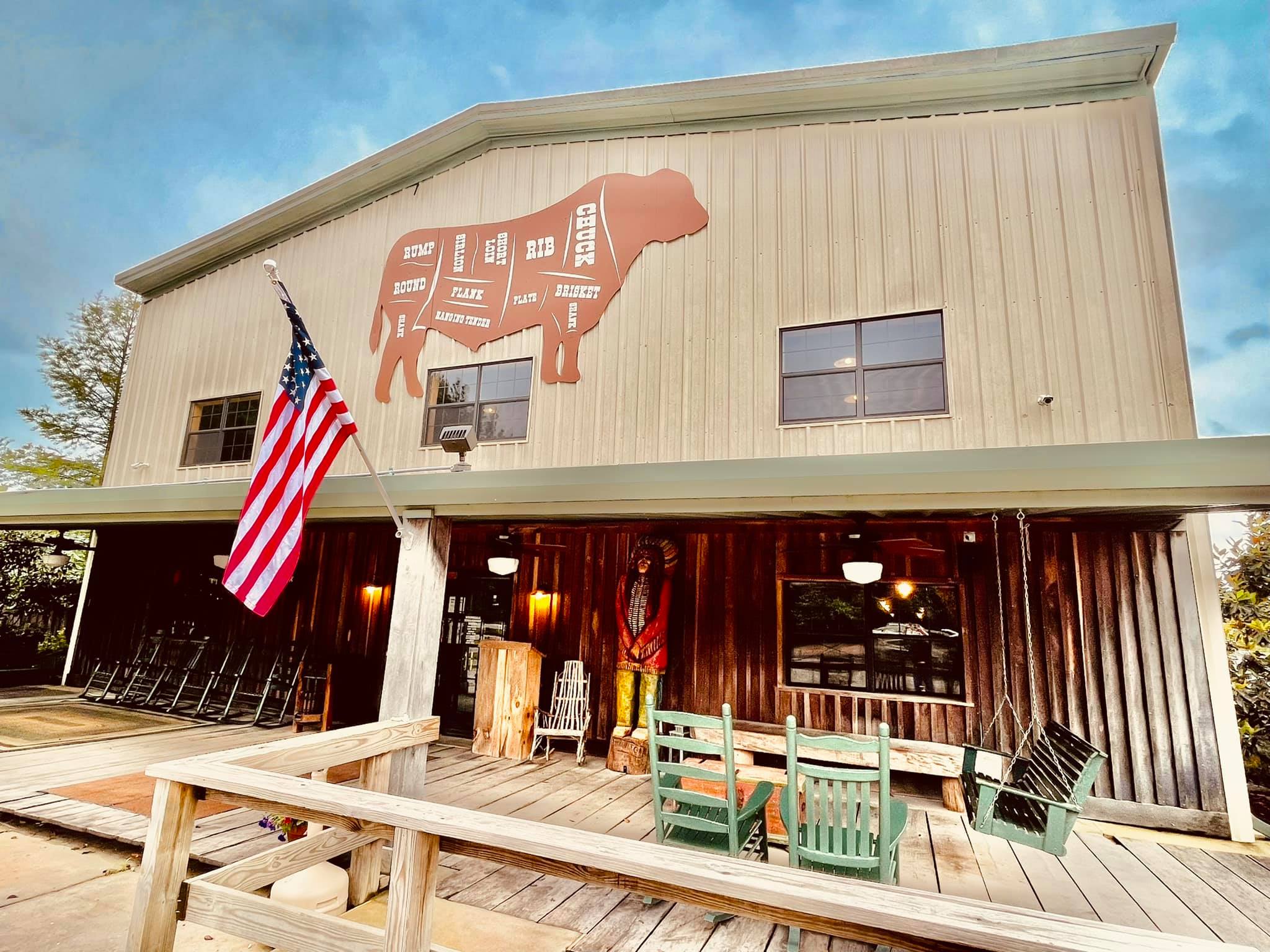Reflecting on the Body Politic, part 2
Published 3:56 pm Friday, June 11, 2021
Editor’s note: This is the conclusion of a two-part column on this topic. The first installment can be found here.
Since the middle of the last century, residents of the White House have spent more and more time in the last year of their terms either seeking reelection or seeking the election of their choice of successor, who unsurprisingly usually is in the president’s party. In the last week or two of a campaign, a president spends more hours in speeches and rallies for his party’s nominees than he does in the White House. If the presidency is a daylong job every day of every week of every year, it must be asked what duties is he shunning? What is he overlooking in terms of the well-being of the whole country while he is stumping the country working for victory for his party colleagues? If he is seriously considering taking the nation to war, shouldn’t he be meeting with someone to prepare for that war – or more importantly, to figure out how to avoid that war?
The president is the First American, not the First Democrat or the First Republican. The interests of the occupant of the White House should be to pursue the goals set forth in the Preamble to the Constitution. Notable there are phrases such as “common defense” and “general welfare.” At the time those words were written there were only the new Americans. At no single place ever after in the Constitution have “common” and “general” been equated with “Democrat” or “Republican” or “Independent” or “Socialist” or any member of any other party. Hence, the duties of the government should be to work for the well-being and happiness of all the people, not singling out any group a priori for special favors.
The logical effect of the oath is that the new chief executive swears to support the Constitution as it applies to all citizens, those who may have helped elect him as well as those who fought vainly to keep him out of office. As government is practiced (or malpracticed) in our country, folks who financed the winning campaign usually expect a return on their investment of dollars and time. Therein exists the real possibility that the only people represented by the winners are the ones with the deepest pockets.
In accordance with Article II, Section I of the U.S. Constitution whenever a President is sworn in, these words are uttered: “I do solemnly swear (or affirm) that I will faithfully execute the office of President of the United States, and will to the best of my ability, preserve, protect and defend the Constitution of the United States.” Of particular note here is the absence of phrases such as “the interests of the _____ party.” And a reading of the Constitution that is to be protected and defended is amazingly void of phrases such as “the Republican Party” and “the Democratic Party.”
A first step toward the neutralization of government would be to eliminate the party system and its stranglehold on government. That, of course, may never happen. A beginning can be made with one office, that of the president. That person represents all Americans and should be as blind to party affiliation as to ethnic, religious, or gender identification. In the Oval Office the driving force should be to secure and protect the rights of the Citizen. Period.
All of this leads to this conclusion: The Constitution needs one more codicil in the Bill of Rights. “Whereas the President of the United States is the voice of all her citizens and is charged with the welfare of each citizen, he or she will upon his or her inauguration surrender membership in all political parties and desist from any party activity for the period of the term in office.”
TJ Ray is a community columnist for The Eagle.





